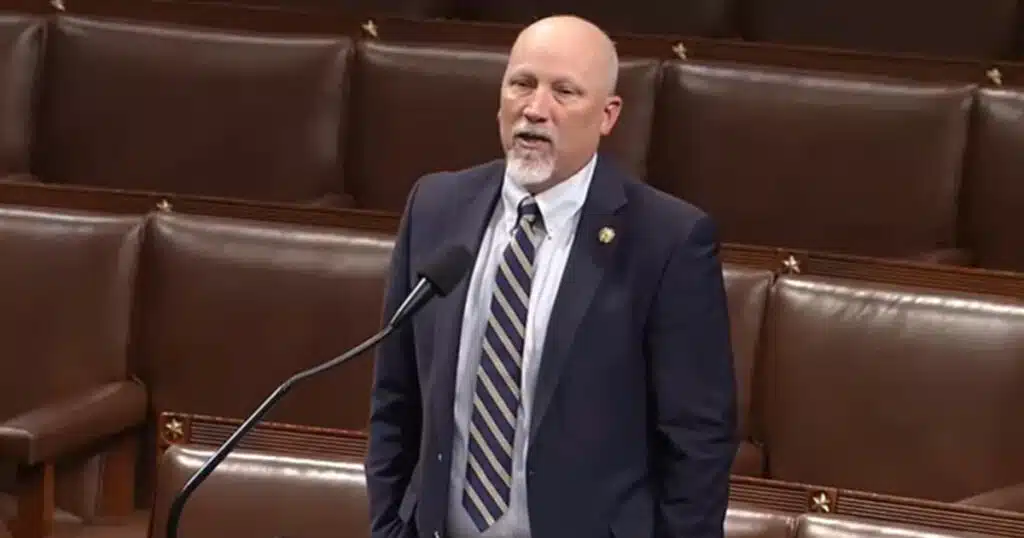
Gas Stoves Are Next Energy Target in Biden Administration’s Ongoing Climate Change Campaign
Like a wall heater with a faulty pilot light, the Biden Administration’s latest effort to tinker with the way the nation consumes energy — by banning the use of natural gas stoves — flickered for a day or two in the media spotlight but failed to ignite strong public support after word about the idea grew.
A member of the United States Consumer Product Safety Commission earlier in the week was quoted by Bloomberg seeming to suggest an outright prohibition of gas stoves was impending.
“This is a hidden hazard…Any option is on the table. Products that can’t be made safe can be banned,” Commissioner Richard Trumka Jr. told Bloomberg.
The report cited data that show natural gas stoves are used in about 40 percent of homes in throughout the country — and upwards of 70 percent of homes in states like California, and emit air pollutants such as nitrogen dioxide, carbon monoxide and fine particulate matter at levels the Environmental protection Agency and World Health Organization have said are unsafe and linked to respiratory illness, cardiovascular problems, cancer, and other health conditions.
The Trumka interview was met with immediate and swift criticism, including from U.S. Representative Ronny Jackson (R-Texas), who tweeted he would never give up his gas stove.
Fellow Rep. Alexandria Ocasio-Cortez (D-New York) joined the debate and managed to earn 73,000 Twitter likes with her support for the ban idea, but also a great amount of snark when she posted, “Did you know that ongoing exposure to NO2 from gas stoves is linked to reduced cognitive performance?”
In fact, so many apparently took aim at the gas-less trial balloon, the Biden administration by Wednesday ended up having to back off from the proposal.
A White House spokesperson told CNN that “The President does not support banning gas stoves — and the Consumer Product Safety Commission, which is independent, is not banning gas stoves.”
Alexander Hoehn-Saric, chair of the CPSC, walked back Trumka’s comments in a statement Wednesday, explaining, “I am not looking to ban gas stoves and the CPSC has no proceeding to do so.”
Hoehn-Saric did say, however, that the agency is exploring ways to reduce emissions created by gas stoves.
In fact, New York City has already passed an ordinance prohibiting the installation of gas hookups in new construction that takes effect at the end of the year, initially targeting new buildings under seven stories and expanding to include larger buildings by 2027.
New York’s Democrat Gov. Kathy Hochul has proposed a similar gas connection ban for new buildings throughout her state.
Los Angeles this year will become the largest city in California to implement a ban on natural gas in new buildings, thanks to an ordinance unanimously approved at the end of 2022 by the City Council, all Democrats. The new decree will require new buildings within city limits be constructed with all-electric appliances.
Meanwhile, U.S. Senator Cory Booker of New Jersey and Representative Don Beyer of Virginia, both Democrats, have urged immediate action by the CPSC and called gas-stove emissions a “burden” for Black, Latino and low-income households that already disproportionately suffer from air pollution.
Yet, at the same time, Ohio’s Gov. Mike DeWine, just signed legislation that redefines natural gas as a form of “green” energy and also broadens the ability to drill for oil and gas in areas including state parks.
A 2011 state law gave state agencies the authority to lease out state lands for oil and gas exploration and production. The bill signed by DeWine on Friday would change that language to say a state agency “shall” accept a lease that meets certain conditions, instead of saying it “may” do so. In other words, the new law compels state agencies to grant lease applications from oil and gas drillers.
Cinnamon Carlarne, the Robert J. Lynn Chair in Law at the Ohio State University, ” noted that characterizing natural gas as green energy “is regressive and a fallacy…Natural gas is not green energy. The labeling is a little bit Orwellian.”
In a statement released shortly after the bill signing, Ohio Oil and Gas Association President Rob Brundrett said the bill will expand Ohio’s position as a leader in developing natural gas and oil resources.



